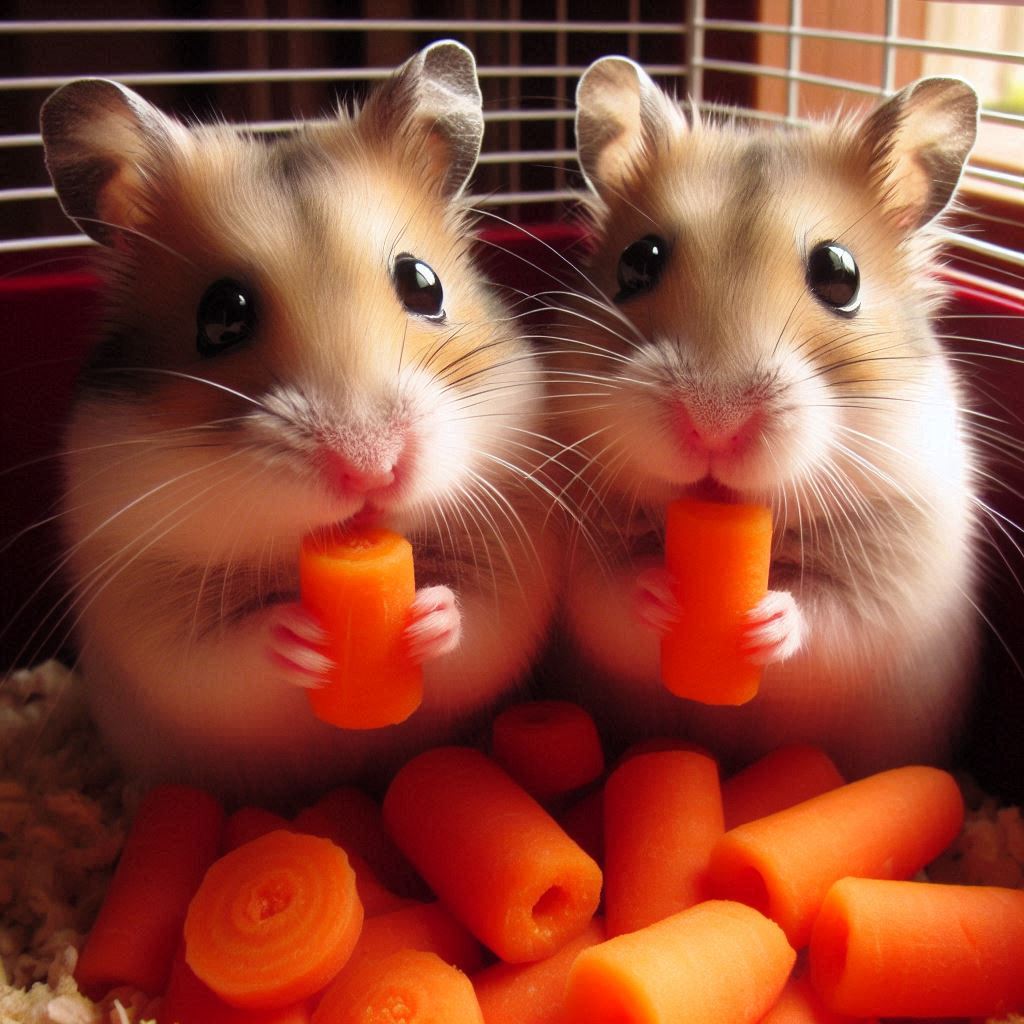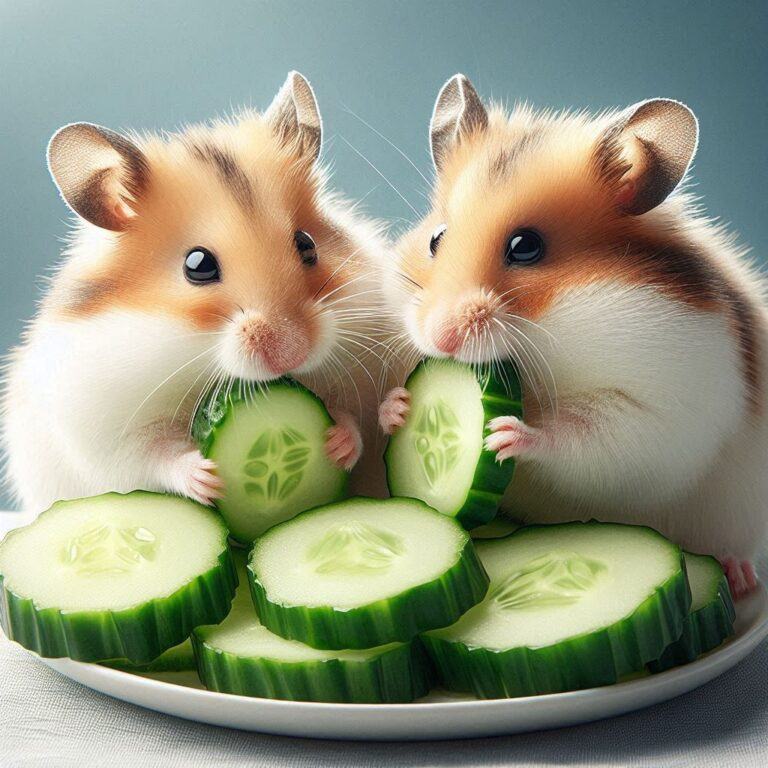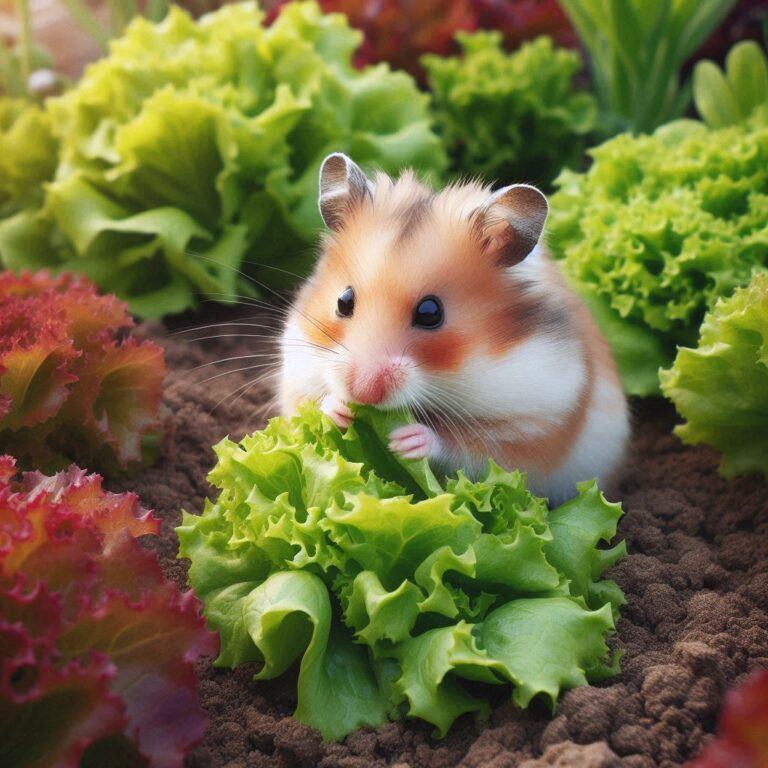Can Hamsters Safely Eat Carrots
You might wonder if those crunchy, vibrant carrots could be a treat for your hamster. I’m here to tell you, YES, hamsters can indeed safely enjoy carrots. Just like for us, carrots are packed with nutrients that can benefit your little friend. But keep it to a snack-sized amount as overdoing it can lead to digestive issues.
Carrots are a source of valuable fiber, vitamins, and minerals which are all excellent for our hamster’s health.
Vitamin A, found in carrots, is crucial for maintaining good vision and a healthy immune system. However, moderation is key as too much Vitamin A can be harmful.
When introducing carrots to our pet’s diet, I recommend starting with small pieces to avoid upsetting their stomach.
Watch for any changes in their stool or signs of distress. Always remember, a hamster’s diet should be well-rounded, with pellets and high-quality seed mixes as the mainstay and fresh produce as complementary goodies.
Speaking of a balanced diet, understanding our pet’s nutritional needs is fundamental. A hamster’s diet should mimic what they would naturally forage, which leads us to the next part of our discussion.
Let’s explore how to satisfy these needs and what risks you might need to watch out for.
Understanding Our Hamster’s Nutritional Needs
Hamsters are omnivores, and this means they need a balanced diet comprising seeds, grains, proteins, and fruits and vegetables.
Carrots, as part of this nutritious spectrum, can offer them essential vitamins and minerals. However, it’s my job to remind you that their main diet should consist of high-quality hamster pellets that are formulated to meet their overall dietary needs.
Fruits and vegetables, including carrots, bananas, or blueberries should complement their pellet-based diet, rather than replace it.
These foods provide variety and additional nutrients that can enhance our pet’s health. Carrots are rich in beta-carotene, which the body converts into vitamin A, necessary for good vision and immune system function.
Despite the benefits, it’s important to be mindful of the sugar content in carrots. Too much sugar can lead to obesity and diabetes.
Also, a hamster’s digestive system is delicate. Overfeeding them with fruits and vegetables can cause diarrhea or stomach upset.
Always observe your hamster’s behavior and stool consistency after introducing any new food. Signs to look for include lethargy, lack of appetite, or a messy, unformed stool.
These could indicate that the new addition to their diet isn’t agreeing with them, and you should adjust accordingly.
Best Practices for Feeding Carrots to Your Hamster
Feeding carrots to our hamsters can be part of a healthy diet, but it’s essential to do it the right way.
You want to ensure that your furry friend enjoys the treat without any health risks. Here’s a simple guide: START SLOW. Introduce carrots gradually into their diet to avoid upsetting their stomach.
Before serving, thoroughly wash the carrots to remove any pesticides or chemicals that could harm your hamster.
Cut them into small, manageable pieces to prevent choking hazards and to make it easier for your hamster to eat.
VARIETY IS KEY to a balanced diet. Just as you wouldn’t eat the same meal every day, your hamster also needs a mixture of different fruits, vegetables, seeds, and pellets to stay healthy.
Stick to the recommended safe foods for hamsters, and always consult with a vet if you’re unsure.
After adding carrots to your hamster’s diet, WATCH FOR CHANGES in their behavior or stool. Any negative reaction could be a sign of digestive troubles, and if you notice anything unusual, it’s best to eliminate carrots from their diet and consult a veterinarian.
Lastly, the value of fresh water can’t be overstated. Always provide CLEAN, FRESH WATER for your hamster, especially when introducing new foods.
This keeps them hydrated and helps them process the new additions to their diet.







